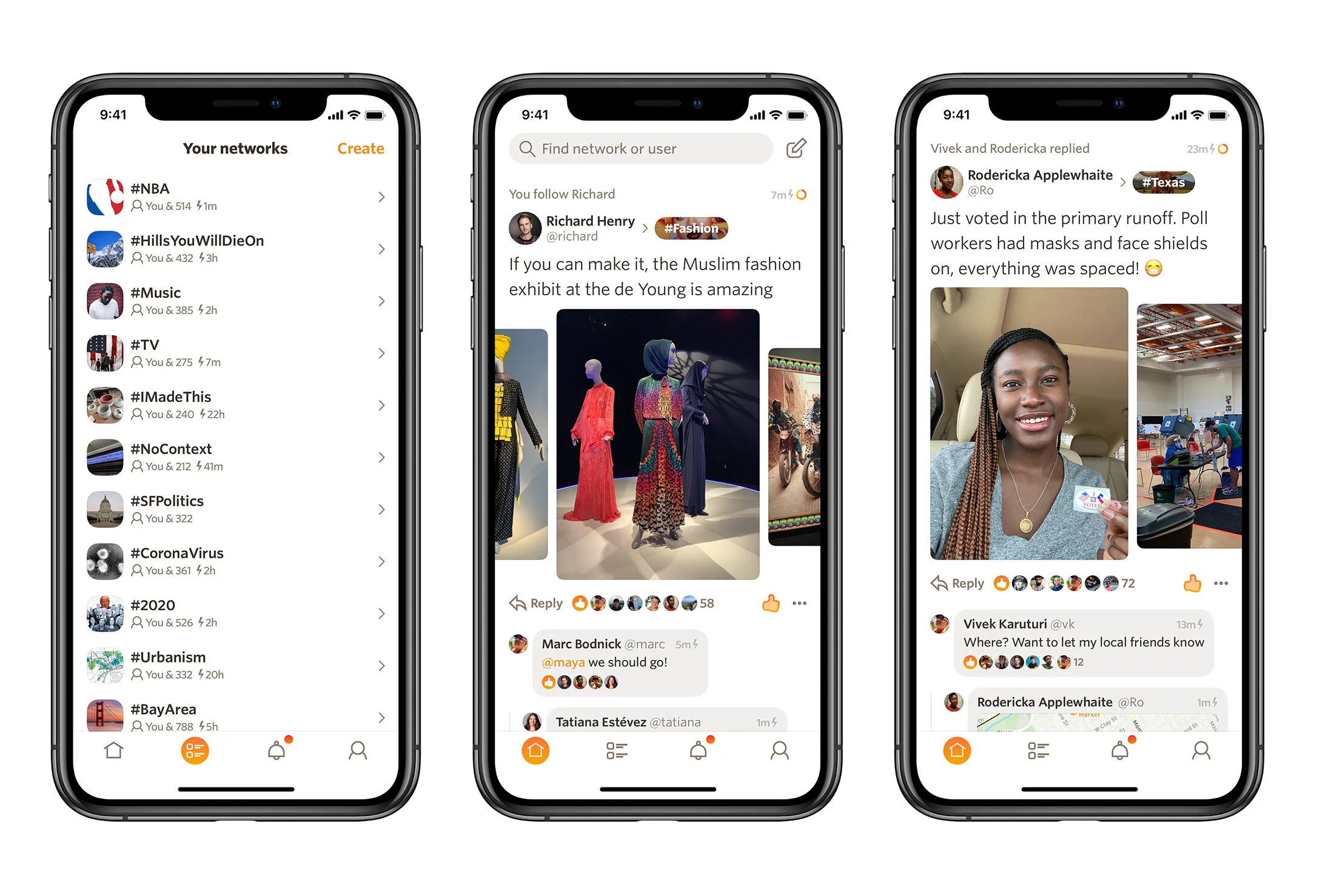Uoma — for calling for meaningful change
Uoma is building racial equity in the beauty industry — and its founder is challenging large corporations across categories to do the same.
As a woman of colour, and having worked in some of the world’s leading cosmetic companies including L’Oreal, Revlon and Benefit, Sharon Chuter had grown frustrated with how the industry operated. “I had gotten really dissatisfied with my corporate life,” she told Fashionista. “I felt like I lacked purpose. I didn’t like the exclusivity, the fact that we were leaving people out.”
Using her experience and her passion to right some of the wrongs of the beauty industry, Chuter decided to create Uoma - pronounced OMA (uh-mah) which means beautiful, with the belief that beauty starts the moment you decide to be yourself. Drawing on her Nigerian heritage, she created a brand for everyone, launching Uoma in 2018 with 51 shades of foundation – surpassing Fenty Beauty’s 40 shades range.
Whilst many beauty brands have broadened their product offer since Rihanna launched Fenty disrupted the industry by proving the demand for a wide shade range, Chuter believes that many of the companies that followed suit are selling the idea of equality and just keeping up with trends rather than building equity or offering any substantial change to society.
Chuter has pushed things further by building inclusivity and equity from inside the industry.
After George Floyd’s death and the explosion of the Black Lives Matter movement, she realised she needed to do more than just broaden inclusivity in terms of her product offer, and that it was a perfect time and opportunity to encourage a broader societal change.
“If the whole world was going to come together and say, Black Lives Matter, then let’s make Black Lives Matter,” Chuter told Forbes. “Let’s stop talking about it. Talk is cheap. You can’t say Black Lives Matter if you don’t have any black employees in your office.”
Turning words into action, Chuter launched “Pull Up or Shut Up,” a campaign that asked companies to disclose the percentage of black people at their firms to highlight their presence, or lack thereof, in leadership positions.
Since Pull Up for Change first put out its call to “Pull Up or Shut Up” by sharing their employment records in the Spring of 2020, nearly all of the major industry players including Estée Lauder and L’Oreal have revealed their figures. And the impact of “Pull Up or Shut Up” didn’t stop with beauty brands. Major fashion companies and a wide variety of businesses joined the conversation and shared their records.
Challenging an industry’s way of doing things can be daunting, but as Sharon Chuter has shown, being clear about what you stand for and communicating those beliefs in a bold and compelling way can be hard to ignore and lead to meaningful change.





















